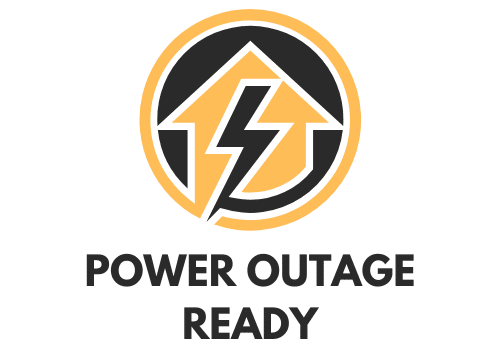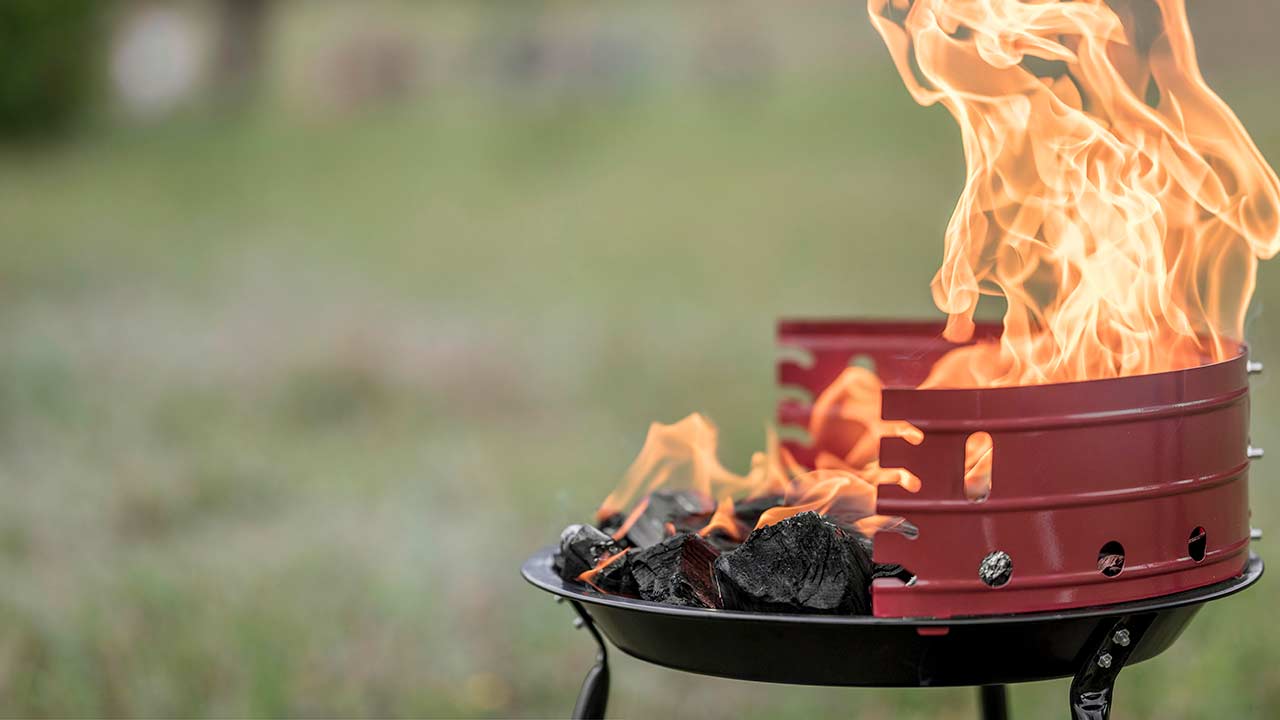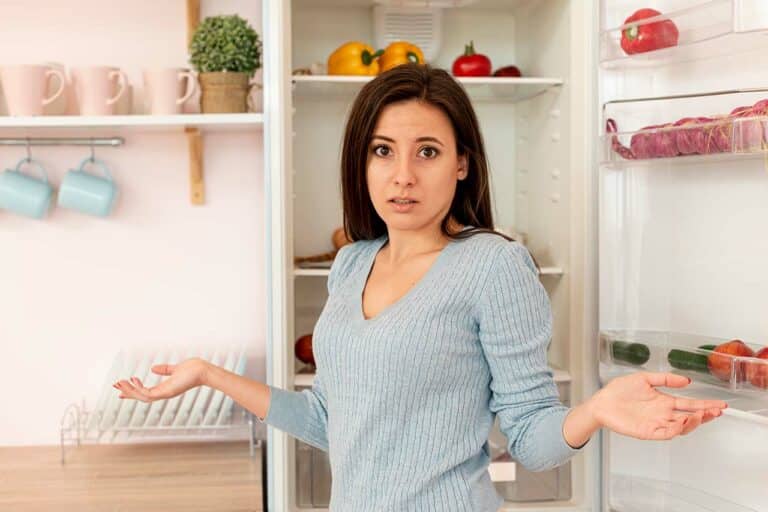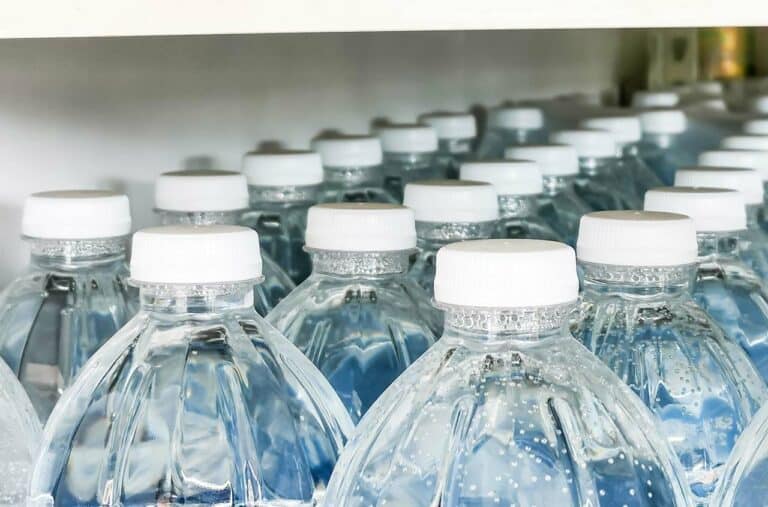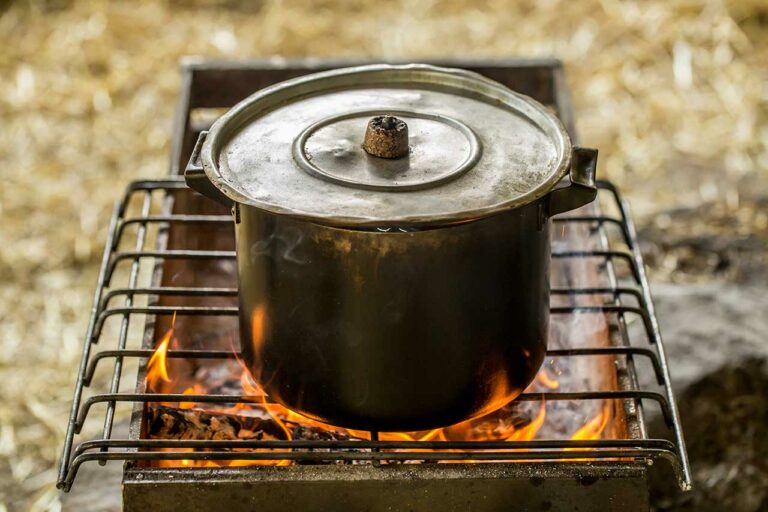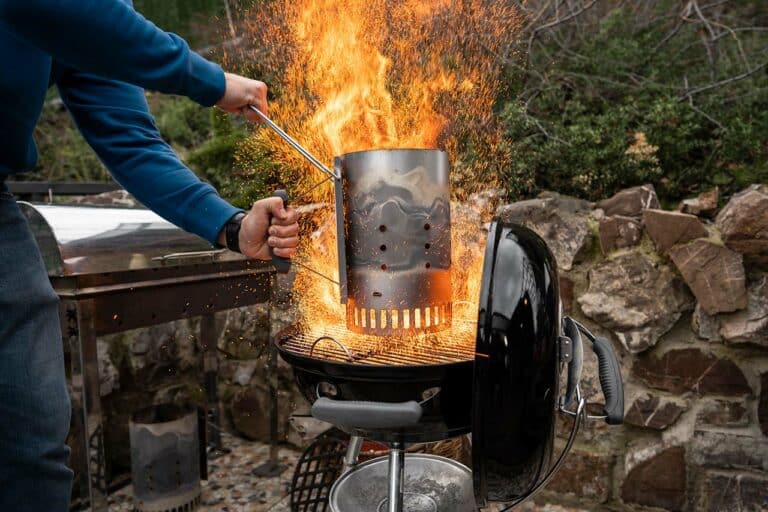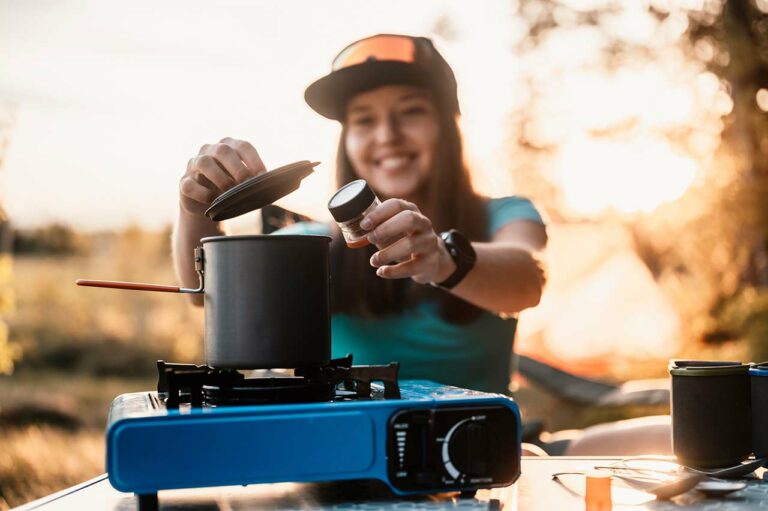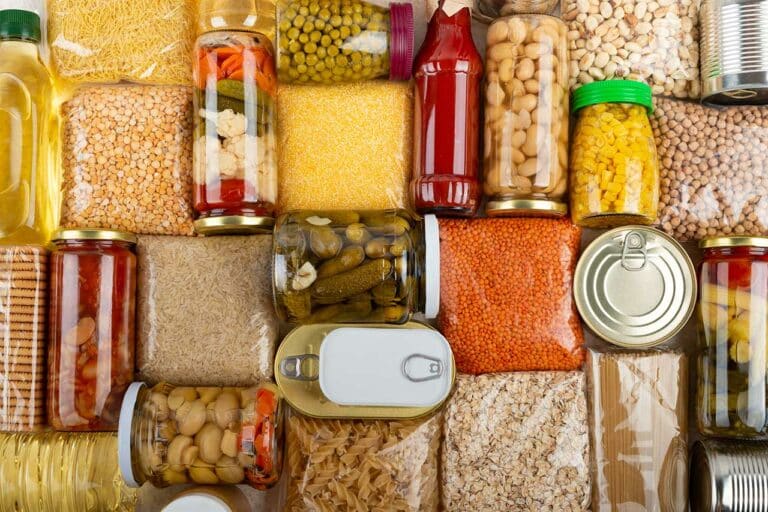Can You Use A Charcoal Grill Indoors? (What To Know)
When a power outage hits, one of the first things on most people’s minds is how they’re going to eat. Let’s be real, we’ve all gotten very used to being able to just throw something on the stove or in the oven for dinner.
One alternative source for cooking you might be very familiar with is a charcoal grill. You may even have one around just for that good ole grilled flavor, and not just for emergencies?
But what if a power outage happens in the dead of winter when the temperatures and conditions aren’t exactly ideal for cooking outdoors.
Can you use a charcoal grill inside? Just in times of emergency?
It’s not exactly ideal. In fact, you really just shouldn’t.
Why Indoor Charcoal Grilling is Problematic
Indoor charcoal grilling might sound like a good idea when you have limited cooking solutions, but it’s actually pretty problematic. For starters, using a charcoal grill indoors can quickly become dangerous due to the risk of carbon monoxide buildup. Carbon monoxide is a colorless, odorless, and tasteless gas that can be fatal in high concentrations. Grilling with charcoal produces a significant amount of carbon monoxide, which is a major concern when you’re indoors with limited ventilation.
In addition to carbon monoxide, indoor grilling also generates a lot of soot and smoke. Not only is this stuff messy and hard to clean, but it can also cause serious respiratory problems, especially for folks with asthma or other lung issues. Plus, the smoke from charcoal grilling contains carcinogens, which can increase your risk of cancer if you’re exposed to them regularly.
Another reason indoor charcoal grilling is a no-go is the fire hazard it poses. Charcoal grills produce high heat and can potentially cause a fire if not carefully monitored and controlled. Fires can quickly get out of hand indoors, causing extensive damage and putting lives at risk.
Even in an emergency power outage, it’s not worth the risk to grill with charcoal indoors.
Alternatives to Charcoal for Indoor Use
Electric Grills
The safest option when considering indoor grilling is to utilize electric grills. But wait, how that’s feasible when the electricity is out? That brings us to our top recommendation: ensuring you have backup power in your home!
Having a generator or a portable power station on hand can keep you cooking delicious meals safely indoors, even amidst a power outage. It’s an investment not only for grilling but also for other crucial electric-dependent tasks around your home.
Fireplaces
Got a wood-burning fireplace? You’re in luck. A wood-burning fireplace is untroubled by power outages and ready to assist in your culinary endeavors in the midst of a blackout.
It’s also already equipped for those fumes you get from an open flame.
Here’s how your indoor fireplace excels as an emergency kitchen:
Safety and Ventilation
- Wood-burning fireplaces are inherently designed to safely allow fumes, like smoke and carbon monoxide, to exit your home via the chimney, providing a secure cooking environment.
- Wood-burning fireplaces typically already have screens in place (at least, they should), which can guard against flying sparks and hot splatters from things like grease while cooking.
Adaptability in Cooking
- Fireplaces accommodate various cooking methods: grilling, skewering, and even simmering pots of soups or stews.
Extra Utility
- Fireplaces provide not just cook spaces, but heat, making them ideal cooking solutions during a winter blackout.
Availability
- If you already have a wood-burning fireplace in your home, you already have it, which makes it one less thing you have to stock to prepare for a blackout. (Though, you will need a supply of appropriate woods.)
Safety Precautions for Indoor Charcoal Grilling
All right. So, we think we’ve made our opinion against charcoal grilling indoors clear. It really isn’t worth it. However, if you are dead set on doing this thing that you shouldn’t, here are some vital precautions to take.
But, really, just don’t do it.
Ventilation is Paramount: Ensuring appropriate ventilation mitigates the risk of smoke accumulation and aids in dispersing harmful gases like carbon monoxide. Open windows and utilize battery-powered fans to push the air from your indoor space.
If it’s nice enough outside to do this, though, why not just take the grill outside where it’s safer?
Fire Safety: If you’re going to do any type of open flame cooking indoors, keep a fire extinguisher right at hand. Fires can escalate quickly, so having an extinguisher within arm’s reach ensures that small mishaps don’t turn into disastrous events.
Minimizing Smoke: Trimming excess fats from meats and choosing lean cuts can reduce the amount of smoke produced during grilling, slightly alleviating indoor air pollution. Remember that even minimal smoke can have detrimental effects on indoor air quality, so this is a good idea any time.
Protective Gear: Employing heat-resistant gloves and utilizing long-handled utensils can prevent burns and ensure a safer distance from the heat source. Protection from potential splatters, sparks, or accidental touches of hot surfaces is imperative. Keep charcoal grills away from anything flammable.
Carbon Monoxide Detector: Even with seemingly sufficient ventilation, a carbon monoxide detector is an absolute must, all the time, but especially when using charcoal indoors. This silent, odorless gas is lethal, and early detection is crucial to averting potential tragedy.
Charcoal Grilling Indoors During A Power Outage?
Honestly, don’t do it.
In the challenging conundrum of a power outage, especially amid harsh winter conditions, one’s creativity in problem-solving understandably sparks. But safety must reign supreme.
Venturing into indoor charcoal grilling encompasses substantial and serious risks, ones that can introduce life-threatening scenarios, from carbon monoxide poisoning to accidental fires, to an already volatile situation.
If you want to be prepared to cook during a power outage, your best bet is to invest in backup power solutions and smaller electrical appliances. A charcoal grill should be one of your absolute last solutions, unless you’re planning to take it outside.
